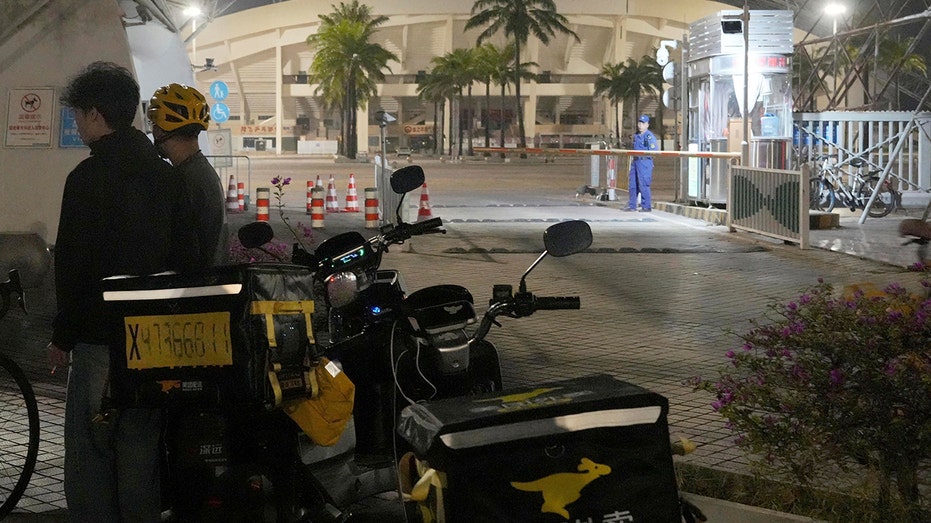Nearly half of unmarried people under 30 in Japan have no interest in having children, a recent survey by a pharmaceutical firm found. The adults said they did not want children because of economic concerns and the burden of childbirth and parenting.
According to a survey conducted by Rohto Pharmaceutical, of the 400 respondents between 18 and 29 years old, 49.4% said they do not want children.
The survey found that 53% of men and 45.6% of women are not interested in becoming parents, citing reasons like the high cost of living and anxiety about Japan’s future.
The results come after government data showed the number of babies born in the country last year dropped below 800,000 for the first time since records began in 1899.
The catastrophically low birth rate in Japan has led the government to scramble to provide a clear future for it’s rapidly aging 125 million people. The government has sought to provide programs to incentivize young people to have families.
In a speech at the opening of the 2023 session of Japan’s parliament, Japan’s Prime Minister Fumio Kishida said that the country was “on the brink of not being able to maintain social functions” due to the population crisis, the Asia Times reported.
In April 2022, it launched the Children and Families Agency to oversee child policies.
Tokyo Governor Yuriko Koike announced plans to provide benefits of 5,000 yen ($38) per person per month to residents of Tokyo aged 18 or young to assist parents with the cost of their children’s education in January 2023.
JAPAN OFFERING FAMILIES 1 MILLION YEN PER CHILD TO LEAVE TOKYO FOR RURAL AREAS
According to the Tokyo Government, the cost of education in the Japanese capital exceeds the national average by approximately 5,000 yen per student per month, the handout is aimed to cover the costs for families living within the capital city as well as incentivize adults to start families.
Tokyo authorities in March announced a government-funded program to subsidize egg freezing for women residents.
“We recognize that the falling birthrate is a critical situation,” said Yoshihiko Isozaki, a deputy chief cabinet secretary, in a briefing. “My understanding is that various factors are intricately intertwined, preventing individuals from realizing their hopes for marriage, childbirth and child-rearing.”
The new policy will provide up to 300,000 yen (roughly $2,200) per person to as many as 300 Tokyo residents per year, potentially starting in 2023, The Asahi Shimbun reported.










